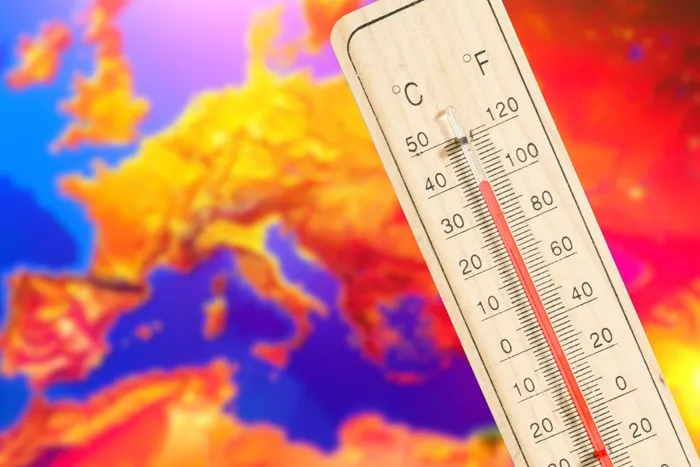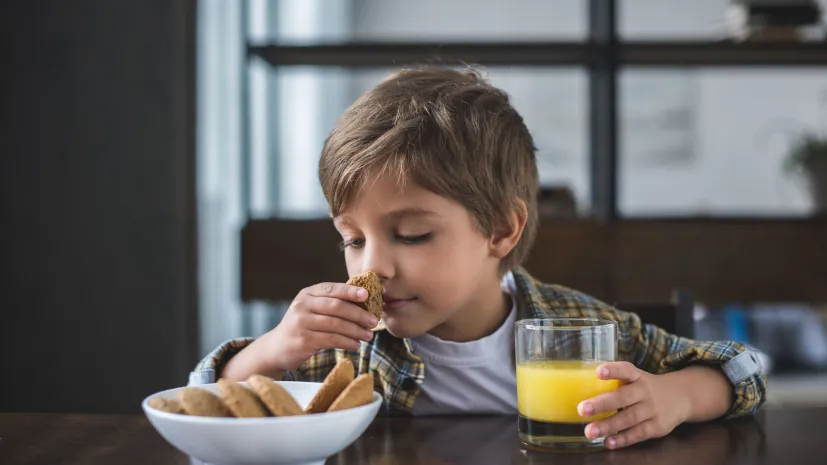
Training children’s sense of smell improves their everyday life, study shows
The sense of smell plays a crucial role in children’s daily functioning, from regulating emotions to enhancing taste, social interactions, and safety, according to Marta Rokosz, PhD, a researcher at the University of Wrocław’s Institute of Psychology.
-
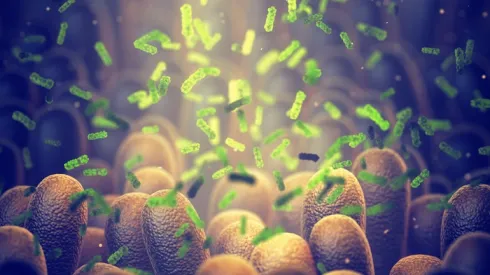
Marketing sometimes diverges from science in microbiome research, expert warns
Microbiome analysis is becoming an increasingly popular service in Poland, but experts warn that many commercial tests promise more than they can deliver, limiting their usefulness for patients, according to Paweł Łabaj from the Małopolska Centre of Biotechnology at the Jagiellonian University.
-
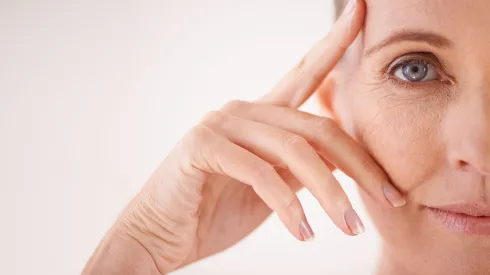
Genes, lifestyle and DNA methylation linked to facial skin ageing, Polish study finds
Scientists in Poland have found links between genetic variation, DNA methylation, lifestyle factors and visible signs of facial skin ageing, based on three-dimensional facial scans and large-scale genetic and epigenetic analyses of more than 700 people.
-
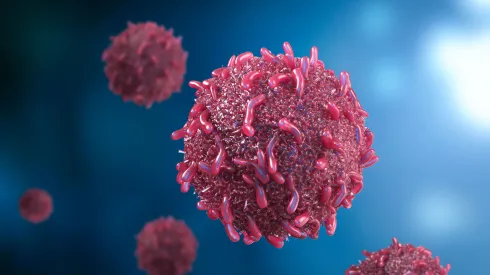
Polish protect to transform diagnosis of childhood soft tissue sarcomas
The largest research project in Poland focused on soft tissue sarcomas in children aims to introduce nationwide access to advanced molecular diagnostics and liquid biopsy, a move researchers say could permanently change the standard of care in paediatric oncology.
-
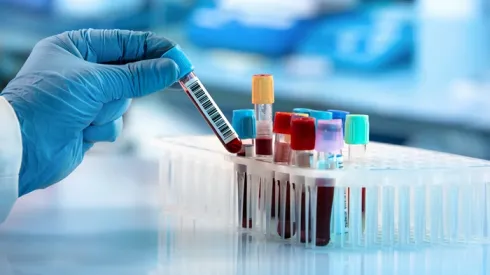
Polish scientists develop compound that ‘selectively kills’ colon cancer cells
Polish scientists have developed and studied a chemical compound that shows strong activity against colon cancer cells while leaving healthy tissue largely unaffected, according to research conducted at several Polish institutions.
-
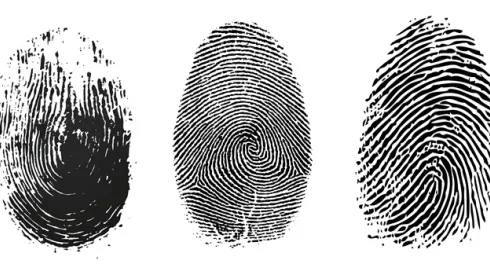
Fingerprint chemicals may indicate time of death, age, and biological sex, study shows
Chemical signals in a common fingerprint could help estimate the time since death during the first two days and provide information about traits such as age and biological sex, according to a team of scientists from Gdańsk and Kraków. The research identifies two key molecules responsible for these signals: tryptophan and NADH.
-
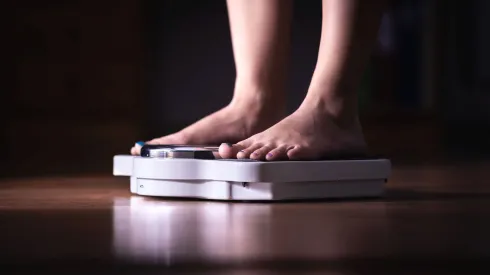
Nearly half of Polish 8-year-olds have high cholesterol, institute warns
One in three eight-year-old children in Poland is overweight and nearly half have elevated cholesterol levels, experts from the Institute of Mother and Child (IMC) in Warsaw warned, calling for systemic changes to address what they described as a lifestyle-driven public health problem.
-
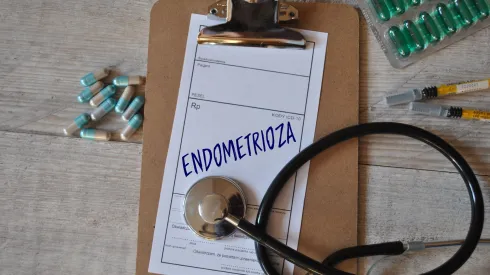
Infrared and artificial intelligence accelerate diagnosis of endometriosis, Polish study finds
A Polish research team has shown that different forms of endometriosis may be distinguished using tissue biochemistry measured by FTIR spectroscopy combined with machine learning, potentially reducing reliance on invasive diagnostic procedures.
-
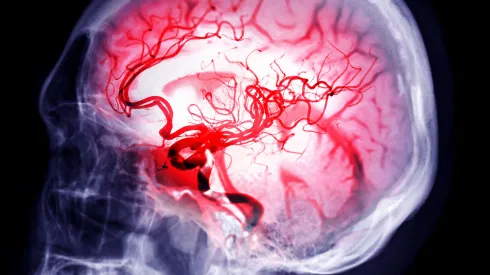
Gdańsk scientists develop AI to detect brain aneurysms
Scientists from three Gdańsk centres are developing an artificial intelligence tool that could dramatically improve the early detection of brain aneurysms, potentially preventing ruptures and haemorrhages.
-
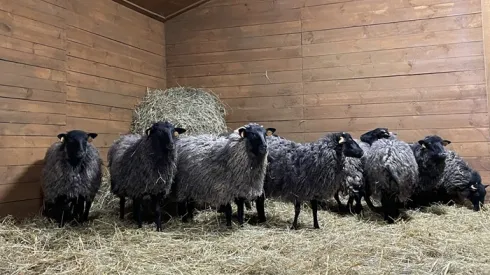
Polish sheep take patient therapy to the next level with unique ‘observe don’t touch’ approach
A flock of Polish heath sheep will support mental health recovery in Wielkopolska under a new animal-assisted therapy project led by the Poznań University of Life Sciences.

